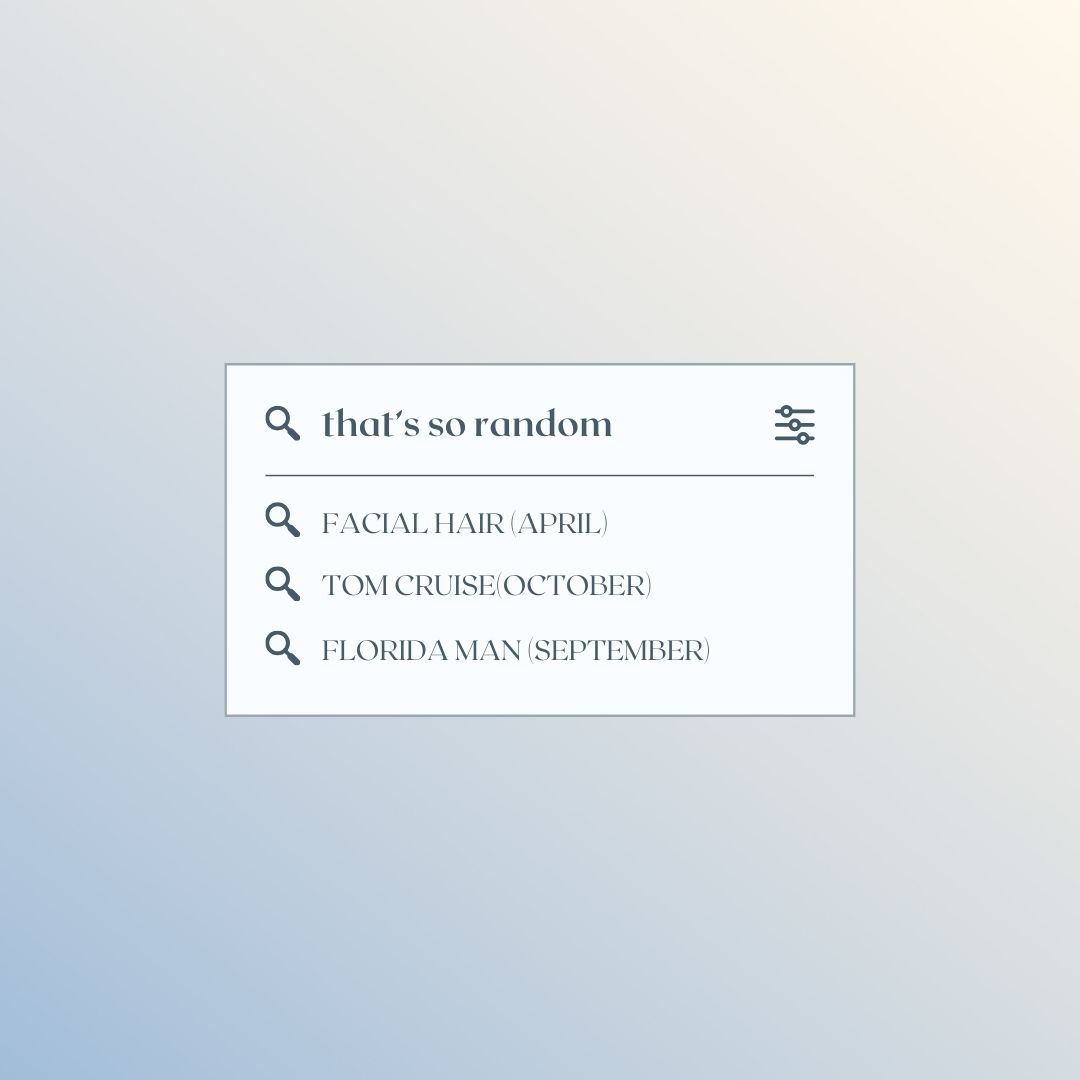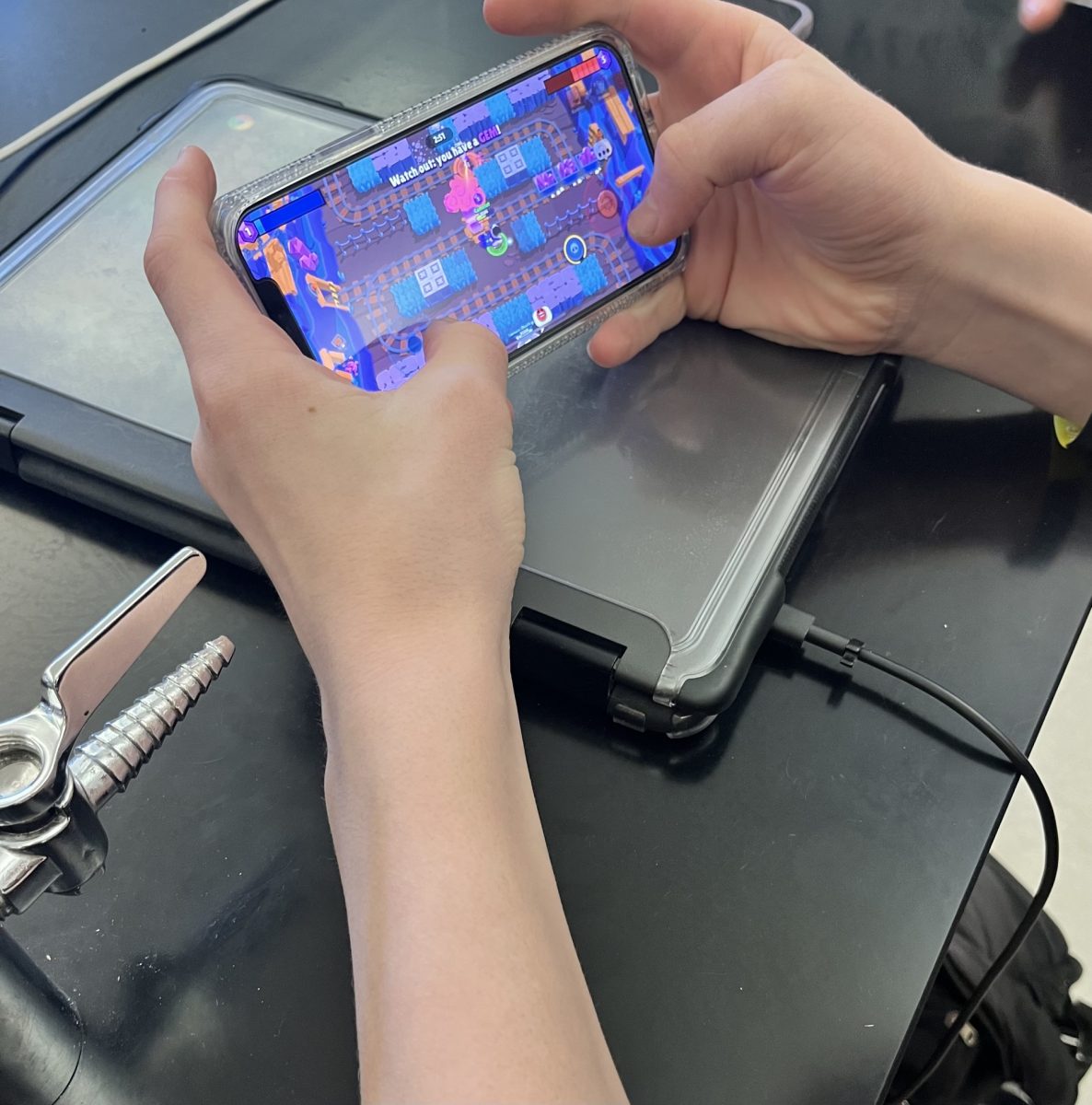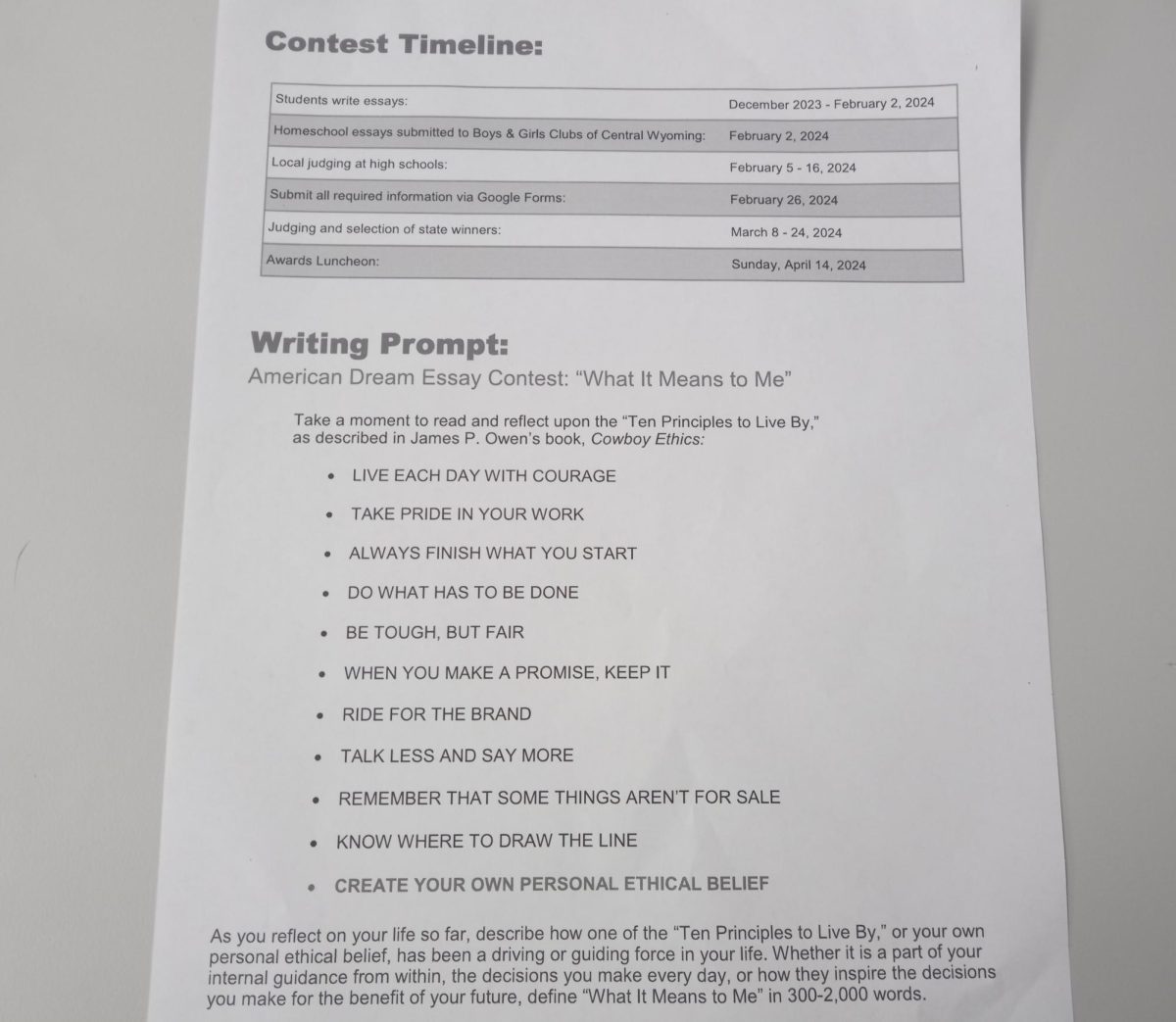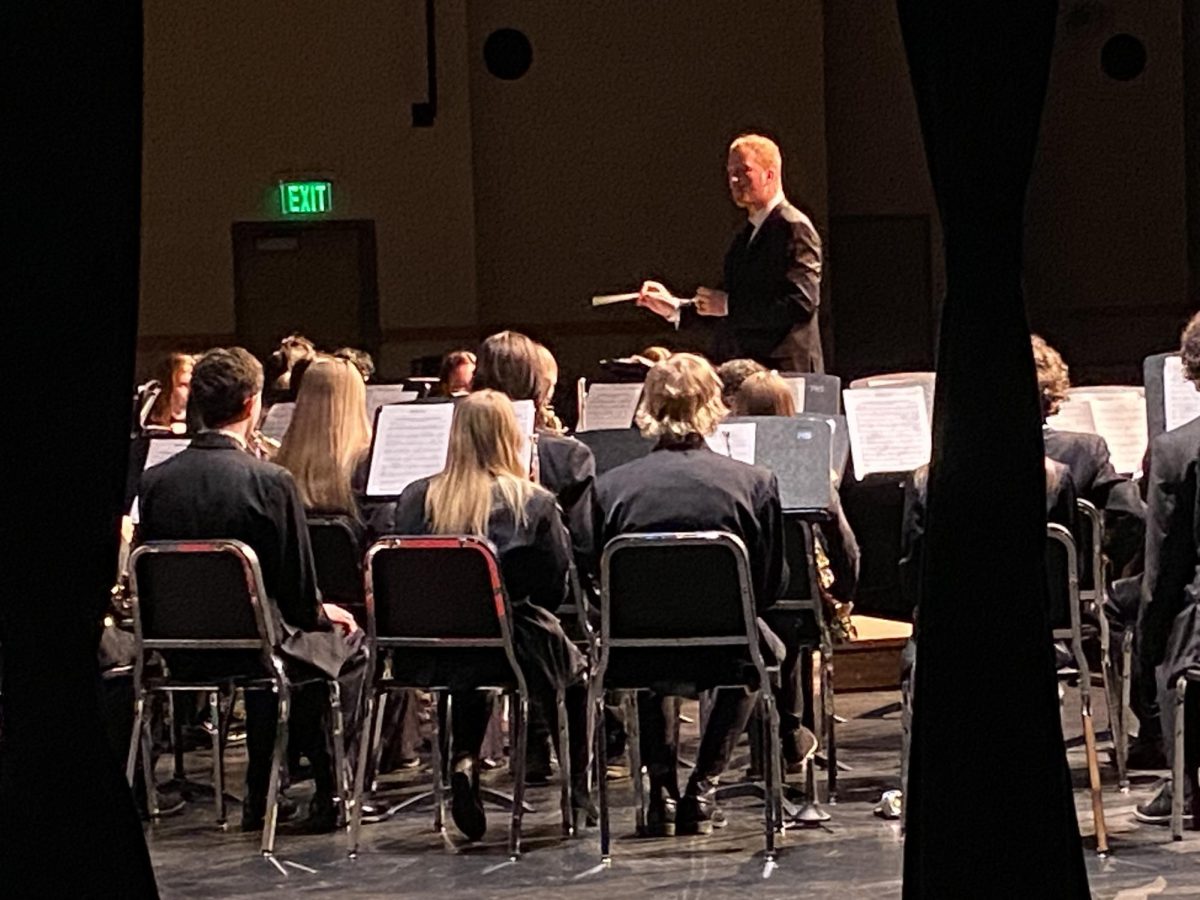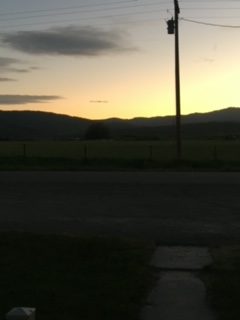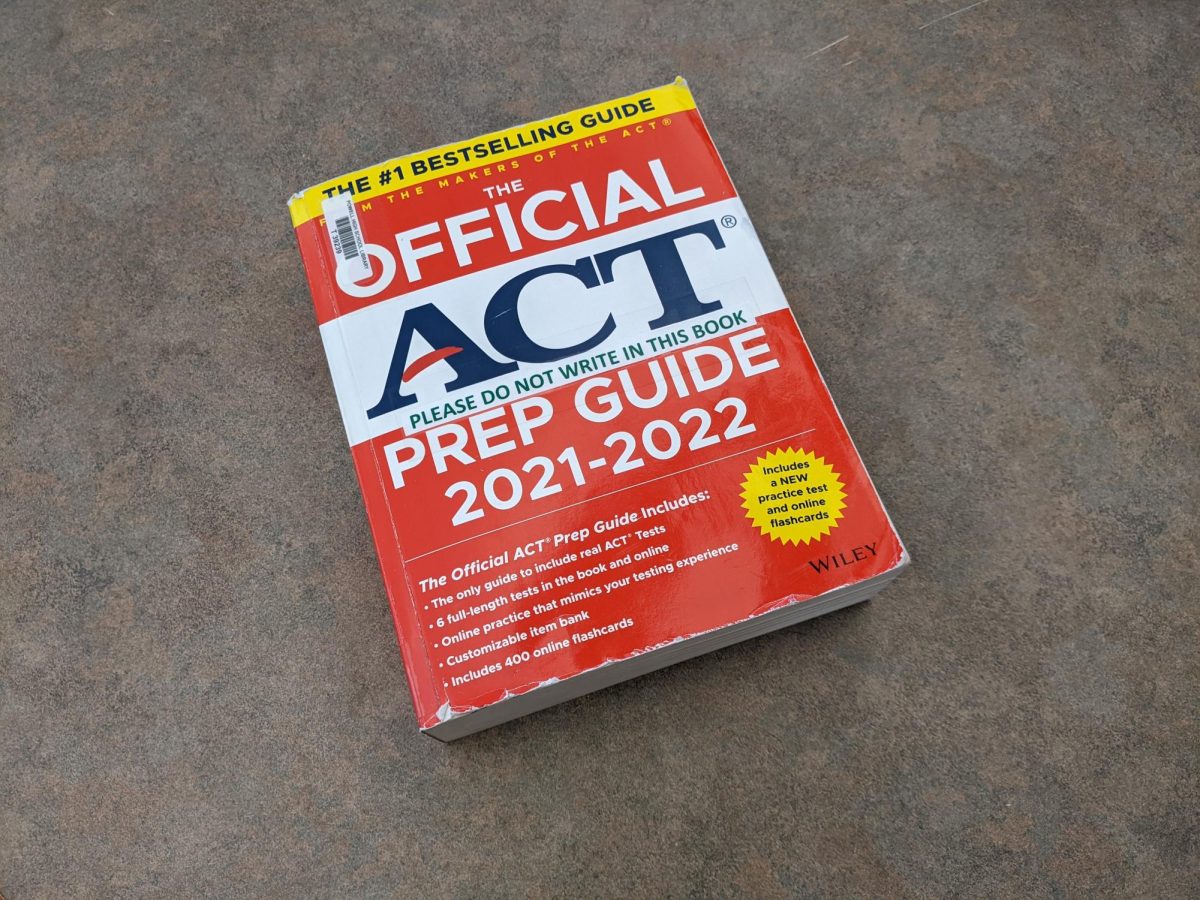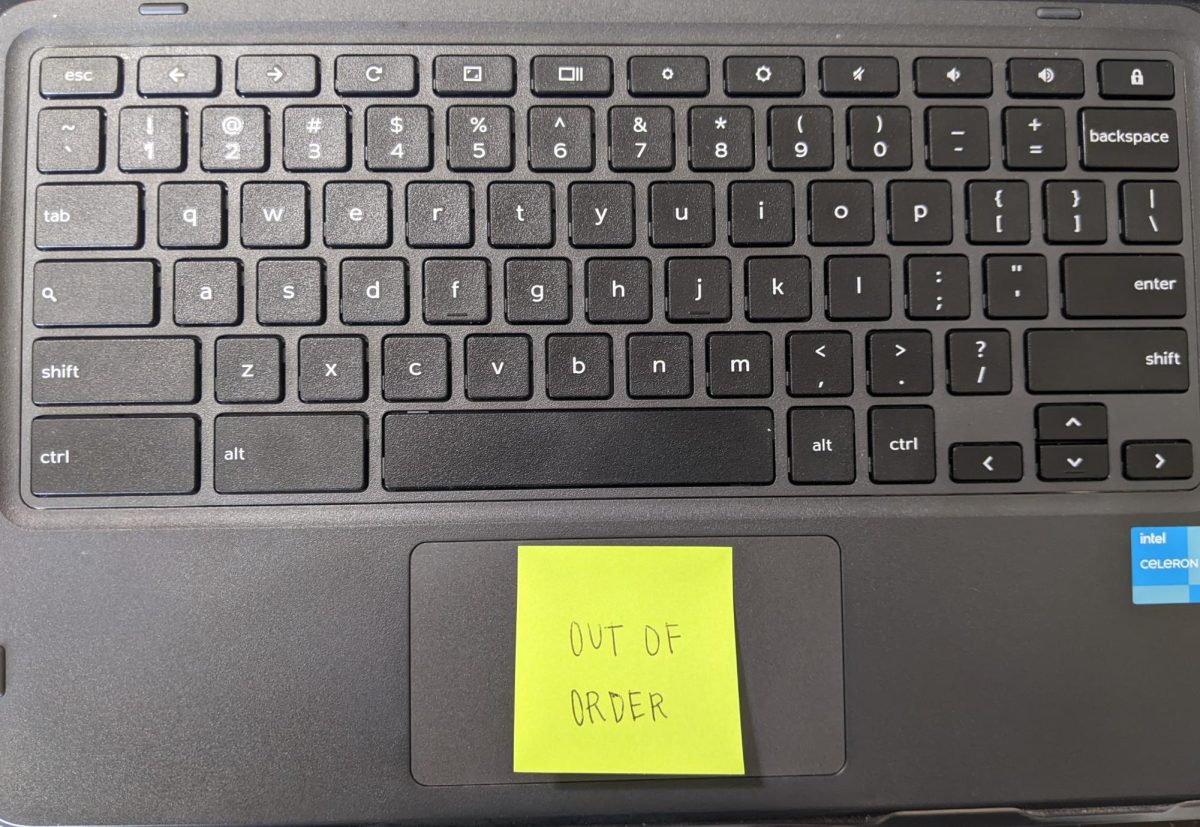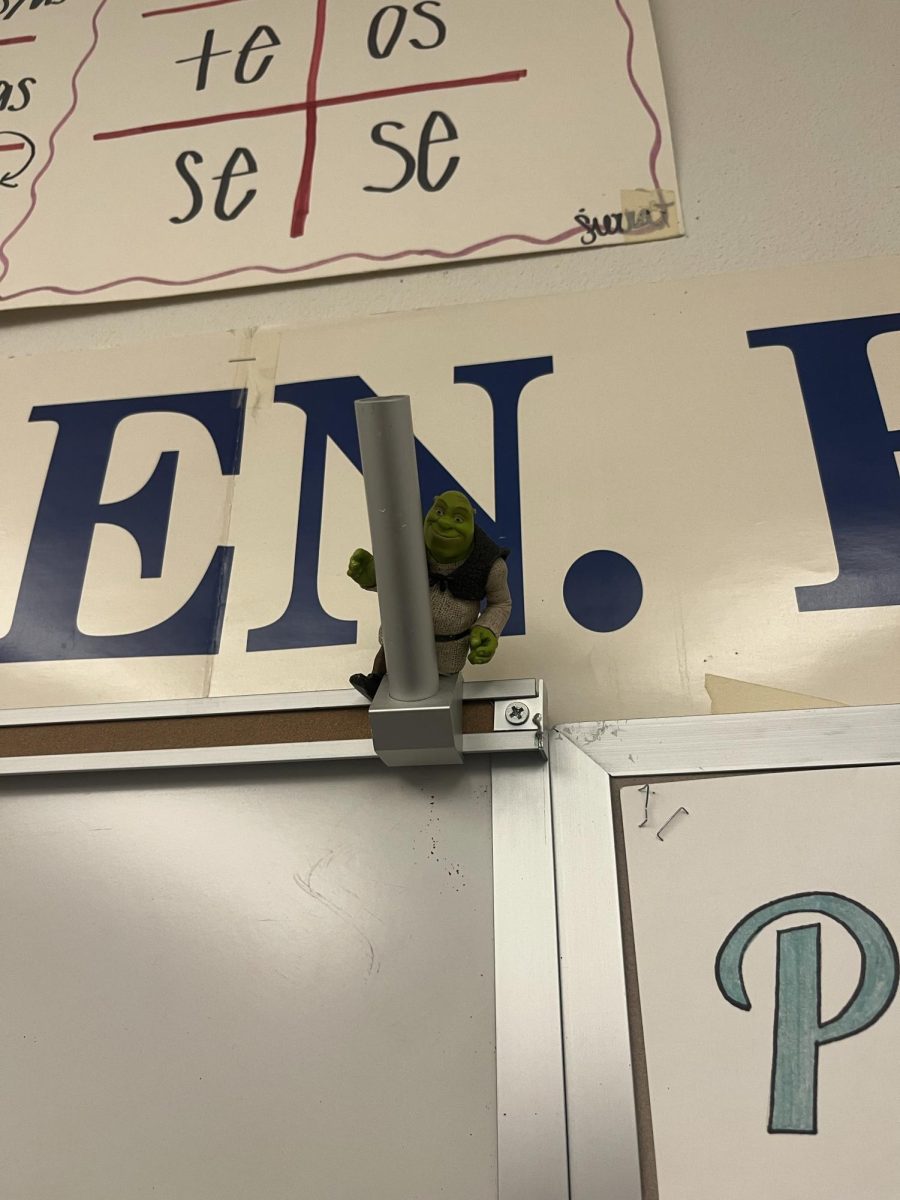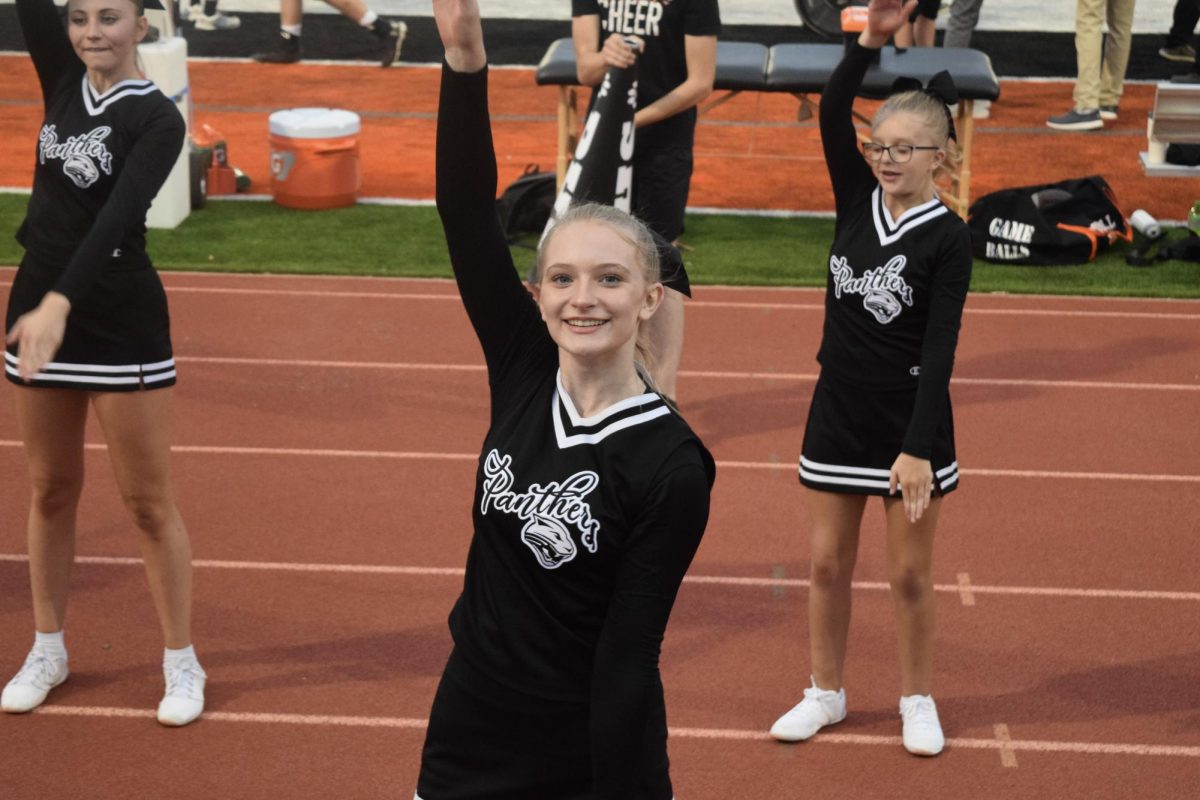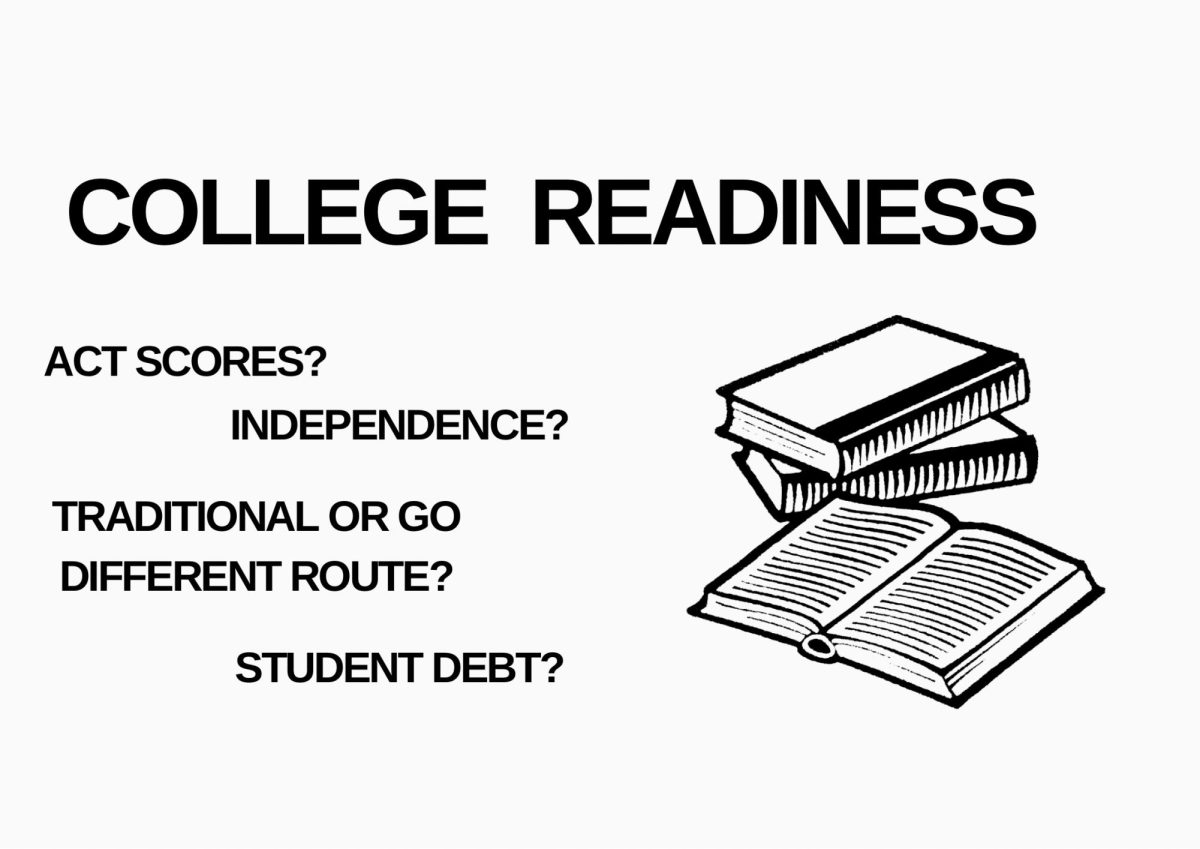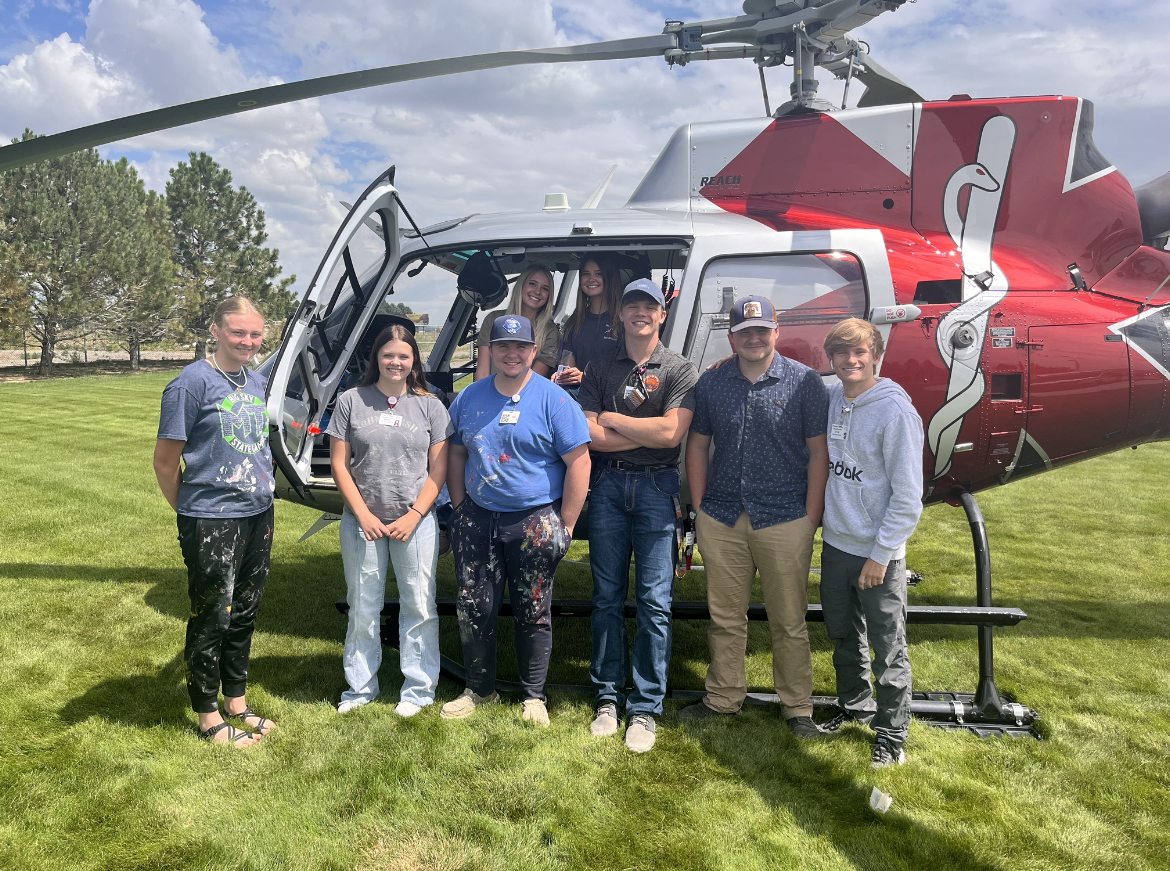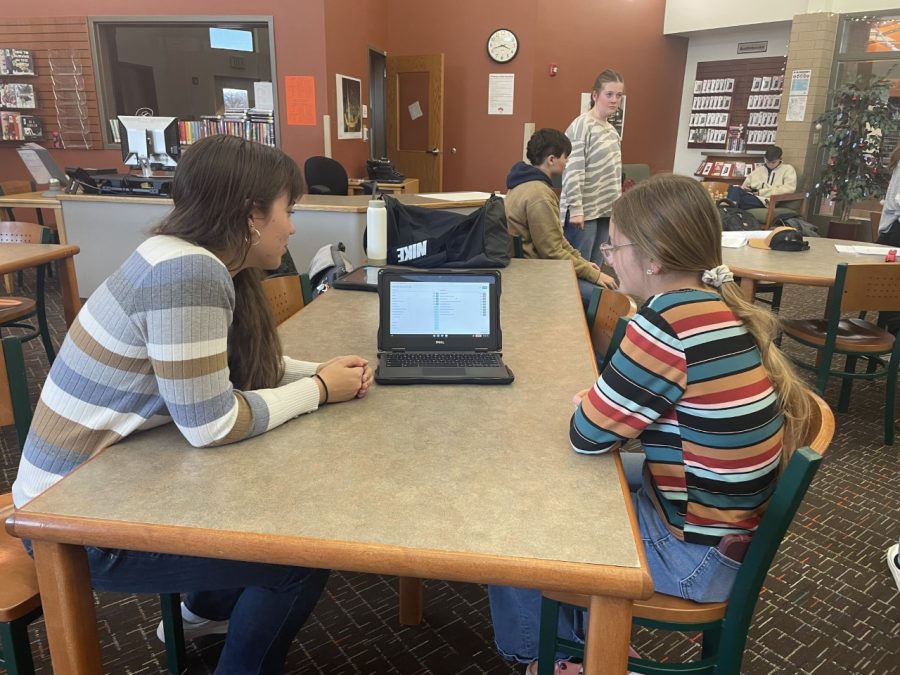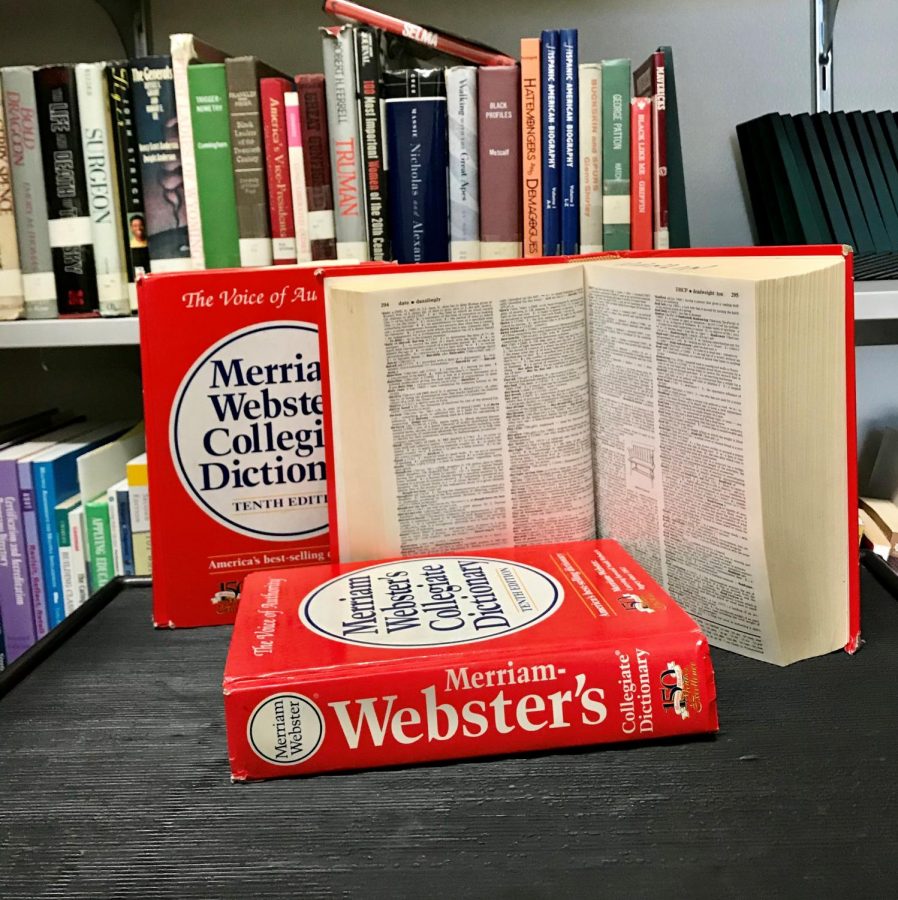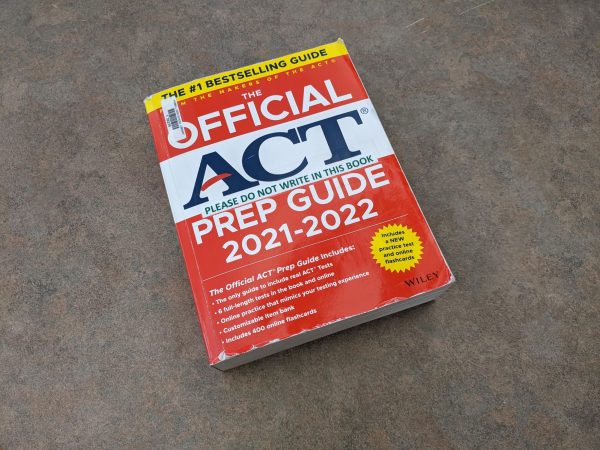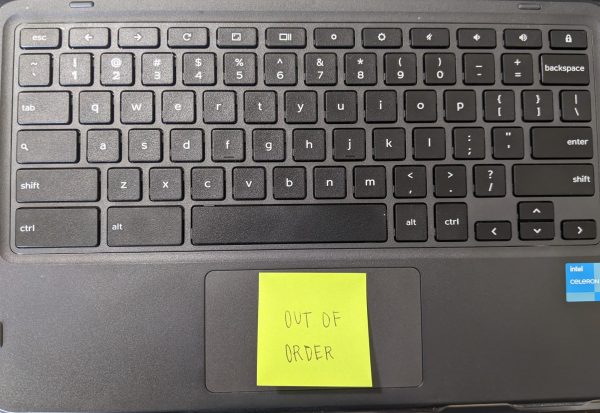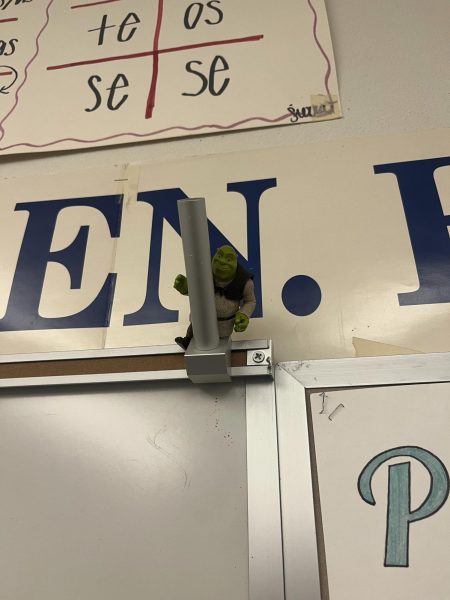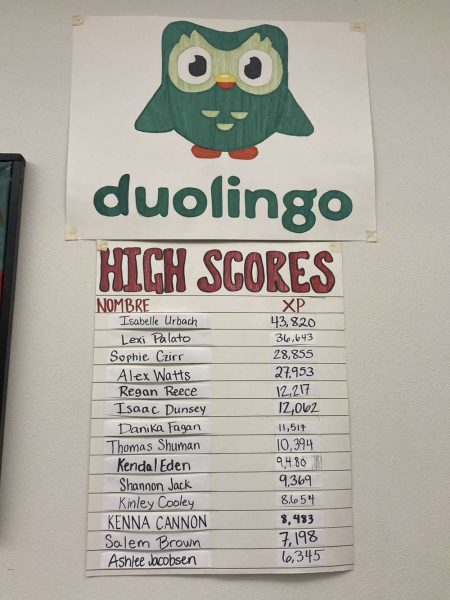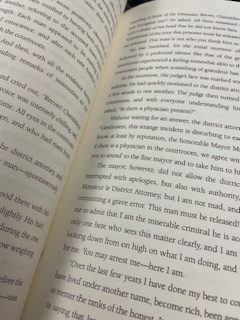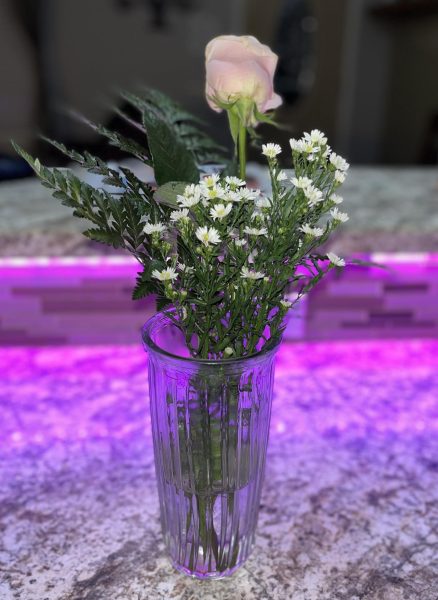THESE WORDS ARE LIT
Slang words are now considered real words in the lastest edition of the Webster Dictionary
The newest addition of the Webster’s dictionary included slang words.
How would you like to go on a vacay and have a jam sesh with friends? Possibly play some pickleball and ponder the thought of being a solopreneur?
Well, Merriam Webster’s Dictionary just added 530 new words and definitions to the English dictionary (a shortened list of these words can be found at Merriam Webster’s Dictionary). So, up until recently, those sentences above would not be grammatically correct. These new words range from the serious to the playful, and just about everything in between.
“I am aware of the constant change in the ways that we use language,” Powell High School English and French teacher Mrs. Nan O’Neill said. “We see the addition of new words when we see new developments in technology, social norms and educational practices.”
I can think of numerous occasions wherein I have heard my peers or even myself create slang or use a word for another reason than what it’s intended use is. Often times this doesn’t stick but usually becomes a trend for a few weeks and then dies down.
“If a new word helps us to think about a concept in a new way or a more specific way, I am all for it,” Powell High School English teacher Mr. Robert Hunt said. “If it just comes into use because we are too lazy to say more than two syllables, then I am not so sure that it is helping us in any way.”
If a new word helps us to think about a concept in a new way or a more specific way, I am all for it
— Mr. Hunt
Word trends are common, especially in the younger population. And quite frankly many people nowadays will shorten their words, whether it be through text messages or in an actual conversation. I’m not entirely sure that some of these words will help us out too much, but who can say for certain?
“My students look up the etymology of vocabulary words weekly so they can learn where the words originated and see how they have evolved from their original forms,” says English teacher Mrs. Amy Moore. “So maybe someday their descendants will look up etymologies for the then-archaic words”
Without the new words and definitions, we would be unable to provide a record of our language evolution. Dictionaries like the Oxford English Dictionary never remove a word once it is officially added. I just feel badly for my great great grandchildren who will have to be quizzed over such insignificant words.
“I think it can be a good and bad thing,” senior McKenzie Clarkson said. “We can strengthen the knowledge of other people, but on the other hand it can be more work. And frankly, many people could care less.”
Is the addition of new words to the dictionary always a bad idea? Maybe, but also maybe not. Regardless, go out there yourself and create some new words. I mean what’s the worst that can happen?

